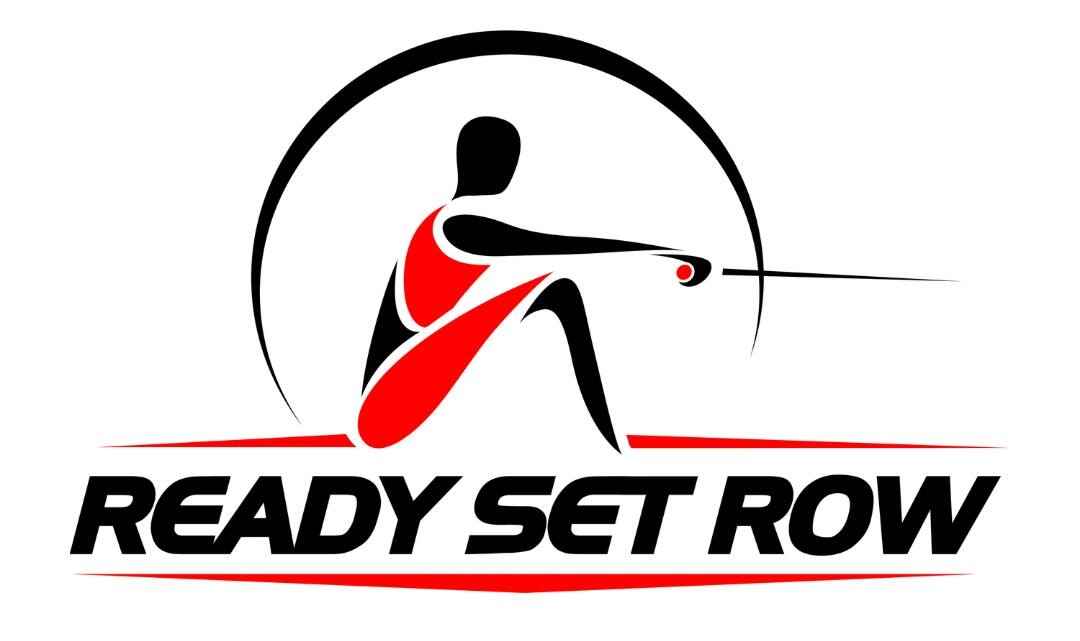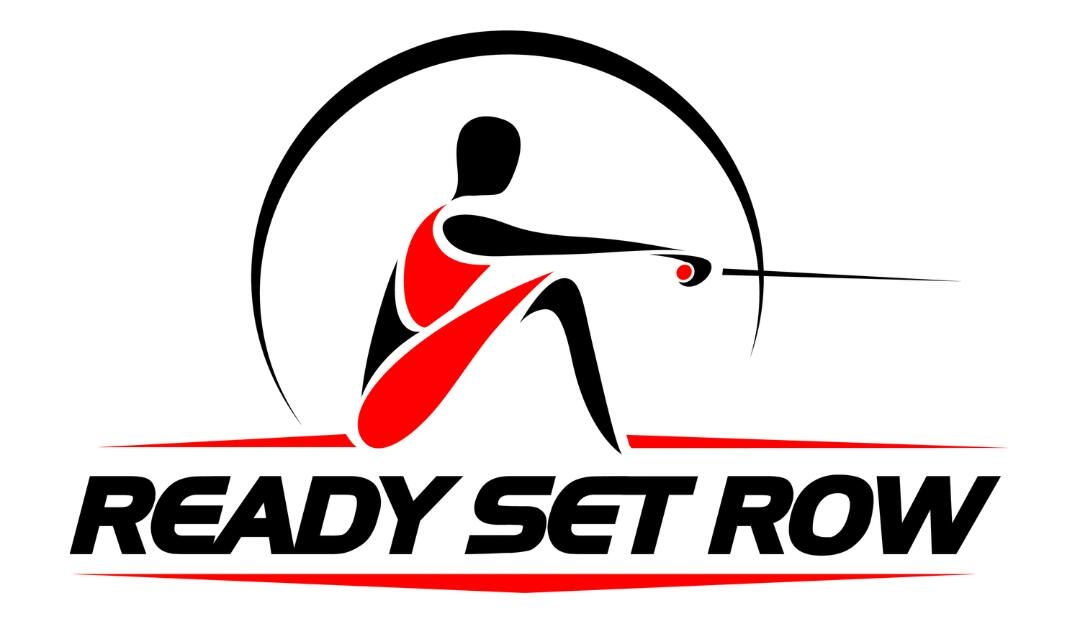RSR College Blog Series - A DIII Perspective: "Reach over to the girl next to you"
A RSR Alumna who is currently rowing DIII read my previous post, "Try Not to Be Afraid of Failure" - an interview with another RSR Alumna also racing DIII and wanted to give another perspective. I am grateful for her time and happy to share it with you all. I hope it will help the thousands of you who are currently thinking about collegiate rowing.
Holly: What has the culture been like at your program?
Athlete: Coming into this school I didn’t know what to expect. We had been turning up great results at NCAAs for the past few years, but it is also a DIII school and I did not know what that combination had in store for me. Turns out - it's the best of both worlds. The women I am with are infinitely more supportive and uplifting than any other team I have been a part of. Everyone is in the erg pit pulling together or in lift spotting for one another. We have a practice of doing shoutouts at the end of each practice/workout and to be able to sit back and hear your teammate tell the whole team that she noticed you were working super hard on a tiny technical change is a wonderful feeling. To be able to tell your teammate that you succeeded in a workout because she was there next to you is wonderful as well. It is a culture of extreme hard work and competition, yet immense kindness and support.
Holly: What have you learned about college rowing?
Athlete: I have learned that even though people tell you it's academics first, athletics second, you cannot help but feel you are there as an athlete. My school is hard. I think I worked harder my first semester of college than I did my entire senior year in high school. That being said, I was spending even more time with crew related activities. Right now I am waking up at 4:30AM for practice, finishing practice at 8:00, eating breakfast and showering, going to class from 9:50-12:20, eating lunch, going to work from 1-3, then I go to the training room and do my workout - I probably don’t leave until 5 (since I have to do a secondary), and from there it's dinner and homework and getting my butt to bed by 9pm. This means on any given weekday I am doing crew related activities for 5.5 hours and school related work (this includes going to class) for 5.5 hours a day. The other hours of my day are spent at work, eating, showering, or maybe cleaning my room. I’ve learned that rowing is my main identity at college.
Holly: What have you learned about YOU?
Athlete: I have learned how to push my body and my mind like I never have before. This was the first time that I felt like I owed it to my team to work my hardest. We have a saying “Reach over to the girl next to you.” I’ve learned that this has really impacted how I mentally approach training. I also learned that when I make a good goal for myself I am much better at hitting goal numbers than just going out and pulling my hardest. I learned how to develop goals with RSR and I am very grateful for that.
Holly: What are you most excited about this spring?
Athlete: We have been working so hard every morning getting faster together on the erg and I cannot wait to see how it transfers to the water. I used to think that if my team does well in any race, for instance hopefully a national championship, that it is only the women racing who won the race. I’ve learned that anyone can sit in any seat in any boat and we have all pushed each other to become the best athletes we can be. It is really a shared win.
Holly: How did you decide on your school/program? Was there anything you wish you had done differently?
Athlete: I did a great job of visiting lots of different types of programs early on (starting freshman year). I wish that I had done more overnights. I didn’t have that opportunity because I had a rather tight schedule, but if you can swing it time-wise and financially, I highly recommend doing overnights. I decided on my school by looking at schools I was interested in academically first, and then looked at crew programs. At the end of the day, if you have a career ending injury you need to make sure you like the school.
Holly: What advice would you give other high school athletes about college rowing?
Athlete: It seems really scary right before you go into it, but know that whether you are a recruit or a walk on there are other people going through the same transitions. You have people to rely on and coaches aren’t expecting you to perform at your 100% best the first day you walk in. They are, however, expecting you to GIVE your 100% best.
Holly: What about advice you would give them about the recruiting process?
Athlete: Reach out to people and talk. Email coaches, schedule phone calls, and reach out to athletes. Do the work on your end and you should see results. Know the loopholes. Yes, coaches can’t contact you until junior year, but that doesn’t mean you can’t reach out to coaches. I suggest emailing a coach and say, “Hello Coach X! I would love to give you a call next Tuesday at 3pm.” They can’t call you back if they miss you, but they can try to plan to pick up the phone.
Holly: What did you learn from RSR?
Athlete: I mentioned before, but learning effective goal setting has been something I’ve used a lot in college so far. We do mental training and meditation on my team, but having done it already with Holly helped me use these times more effectively since I already knew what worked for me.


0 comments
Leave a comment
Please log in or register to post a comment